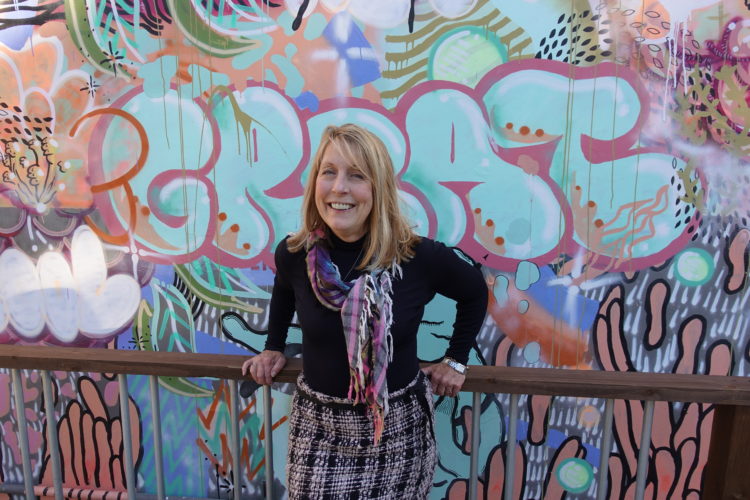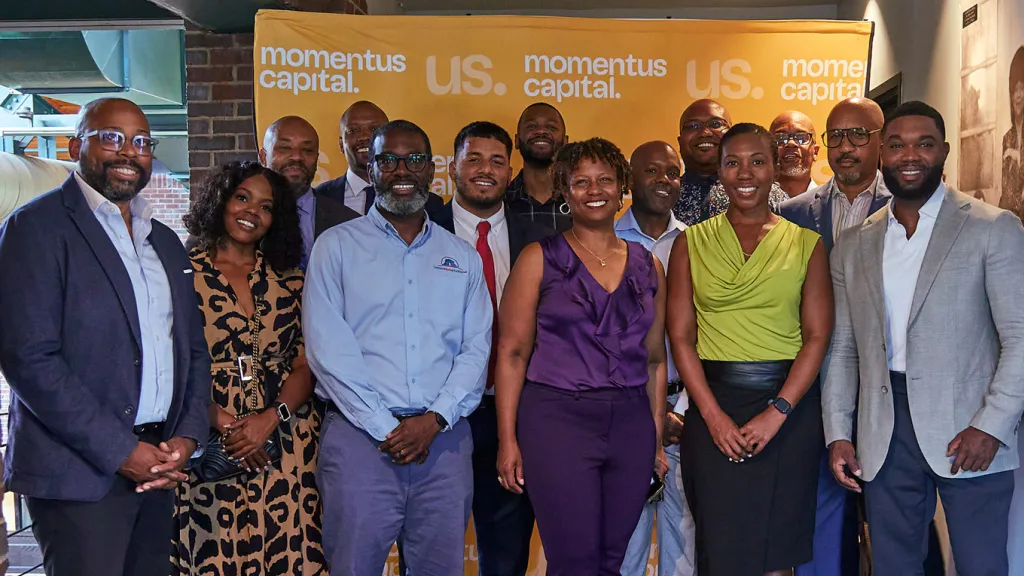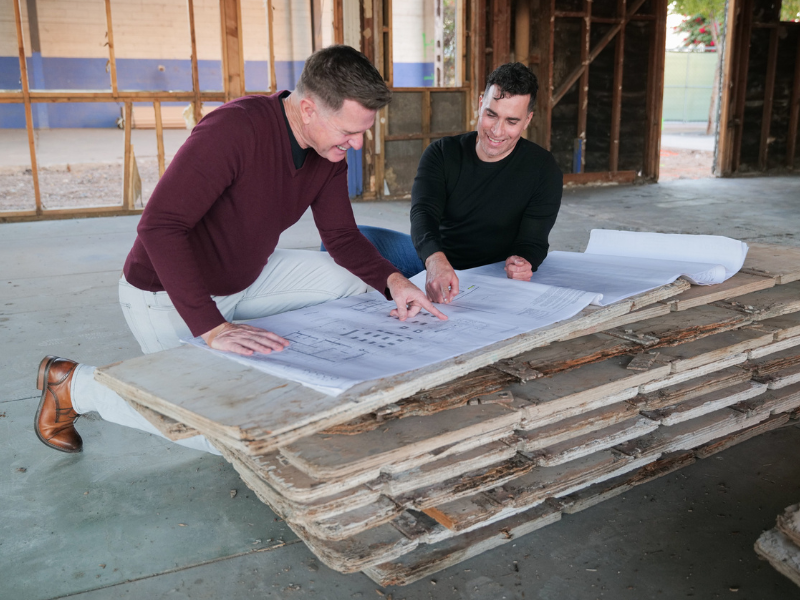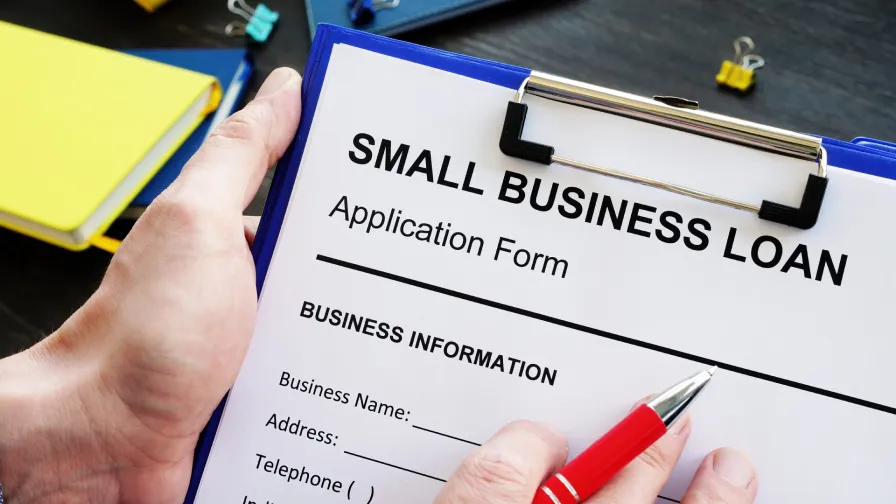A version of this blog post originally appeared on CNote’s website. CNote is a financial platform for socially conscious savers and investors. CDC Small Business Finance, which provides financing to startups and more established companies, is a proud partner of CNote.
The mention of patients may conjure the image of hospital gowns and IV tubes strapped to wrists. The Latin origins of the word “patient” hold a more somber meaning: one who suffers and whose condition cannot be helped.
Entrepreneur Cinde Dolphin, once a hospital patient herself, made it her mission to help change those grim perceptions. With her original product, the Kili Medical Drain Carrier, she addressed a need to restore mobility, safety and dignity to certain post-surgical patients.
Dolphin acknowledged reaching this professional milestone took some help. With business coaching from a local non-profit and financing from nationally recognized lender CDC Small Business Finance, she got the boost she needed to effectively start and develop her own successful business.
Solving a patient pain point
After surgical operations, patients may require medical drains. For those unfamiliar with this medical device, it’s a plastic bulb that siphons fluids away from surgical sites. These tools are unflattering but play a necessary medical role.
Traditionally, patients pin medical drains onto their gowns or clothes. This method is problematic because they look and feel cumbersome. What’s more, the drains need to be repinned often. If pierced, they lose their vacuum and functionality.
While Dolphin doesn’t have experience in the medical field, Dolphin knew first-hand the challenges patients face. She is a survivor of four cancers and has undergone a total of nine surgeries.
“After surgery, it’s awkward, and you’re not feeling like you’re in control of your life,” Dolphin said. “And having drains pinned to your clothing just makes you feel even more embarrassed.”
From patient to inventor, startup founder
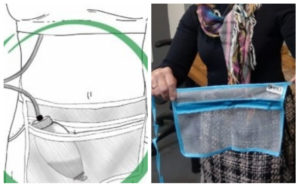
Remarkably, she actually began working on her first Kili carrier prototype during one of her post-surgery hospital stays. It was a homemade canvas apron with a pocket. At the encouragement of the nurses, she moved on to develop more prototypes, experimenting with fine laundry bags from the dollar store and then finding manufacturers to make her final design.
In the end, she created a product that solved the problems she struggled with as a patient. Its lightweight mesh and one-size-fits-all apron shape is a convenient solution for carrying medical drains. Patients can wear it under their clothes and even in the shower. It restores mobility and the appearance of normalcy.
“I’m offering a way to disrupt the system, make it safer, and also return some dignity to the patient,” Dolphin said.
When perseverance pays off
The next challenge was marketing this new product. Although physicians and nurses loved the carrier, Dolphin had to fight to get hospital materials’ management teams to switch up normal protocol and invest in her innovation.
With one hospital, she persisted for 19 months, with phone calls and visits, until they finally agreed to purchase the Kili carrier.
That patience has paid off. Today, Dolphin receives widespread, appreciative emails from patients whose lives she touched with her product.
Dolphin recalls some of the feedback she’s received from patients who have used her product:
I honestly don’t know what I would’ve done if I hadn’t had your product. It made all the difference in me wanting to recover, come back to my normal life, than staying in bed and feeling miserable.
Touching lives across the world
The name of Dolphin’s product honors women from a village at the base of Mount Kilimanjaro, who dub the mountain “Kili.” There’s another connection to the highest mountain in Africa: Their husbands work as porters for climbers.
How are these women connected to Dolphin?
Dolphin, who was working with these women, showed them the product. These women then offered to weave a version of it with their homespun threads and treadle sewing machines. These handwoven carriers were later in such high demand around the village and beyond, that the women were able to make small businesses out of them.
The resulting revenue, along with the support Dolphin provides from her startup, allow the women to send their daughters to school, potentially changing the trajectories of their lives.
Seeking financing to execute a vision
Dolphin says this all wouldn’t have been possible without some outside help.
Early on, Dolphin worked with organizations including Capital Region SBDC, which gave her a critical leg up in the concepts of entrepreneurship. She described her experience as “a college education in a matter of months.” SBDCs, or small business development centers, offer free- or low-cost training and business advising to aspiring and early-stage entrepreneurs like Dolphin.
A SCORE mentor also played an essential role, helping her create a business plan and sales forecasting template, among other things.
According to The Sacramento Bee, the then-novice entrepreneur tried in 2014 to seek financing from three banks and a credit union to launch her business, with no luck.
At the suggestion of SCORE and SBDC mentors, Dolphin turned to CDC Small Business Finance, a leading, award-winning lender and CNote partner, who believed in her story and supplied her a small-business loan.
The work of a ‘wonderful tapestry’
The financing allowed her to purchase crucial inventory and implement marketing efforts at a critical time. It also allowed her to attend nursing conferences to raise awareness of her product, and hire a contractor who handled communications.
“The loan shifted the trajectory of my business,” Dolphin told Capital Region SBDC.
“I can’t say enough about some of those wonderful agencies that are giving advice, counsel, coaching, to small businesses,” said Dolphin, to CDC partner CNote. “They all worked together in a wonderful tapestry to get me to where I am now.”
That tapestry weaves in the threads from many different stories — from Dolphin to countless surgical patients and even a village in Africa. It is the brightly colored tapestry of impact. Today we invite you to weave your thread into the tapestry too, by investing in CNote and contributing to another story like Dolphin’s.
More on Cnote: The Oakland-based company’s flagship product offers a 2.5% return on savings — and 100% social impact — by tapping into Community Development Financial Institutions, or CDFIs, which exist to help finance underserved small business owners. Learn more about Cnote and their mission.
CDC Small Business Finance offers several loan options for business owners who want to grow their operations and are planning for their long-term needs. Tell our loan experts about your business, and they’ll work to match you with a financing plan that best suits you.


